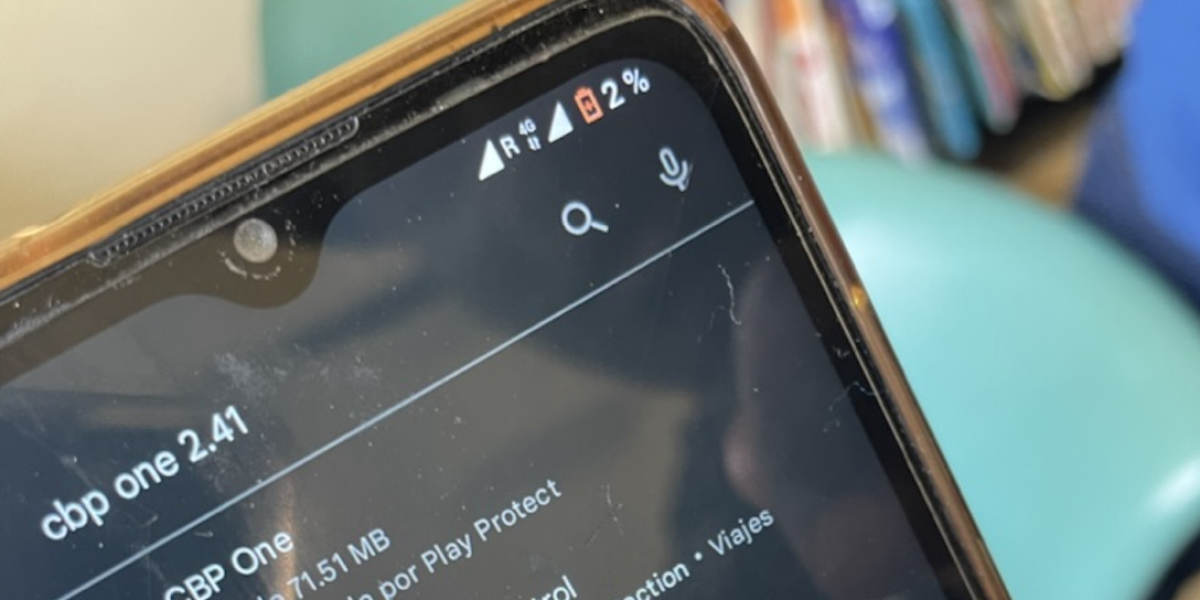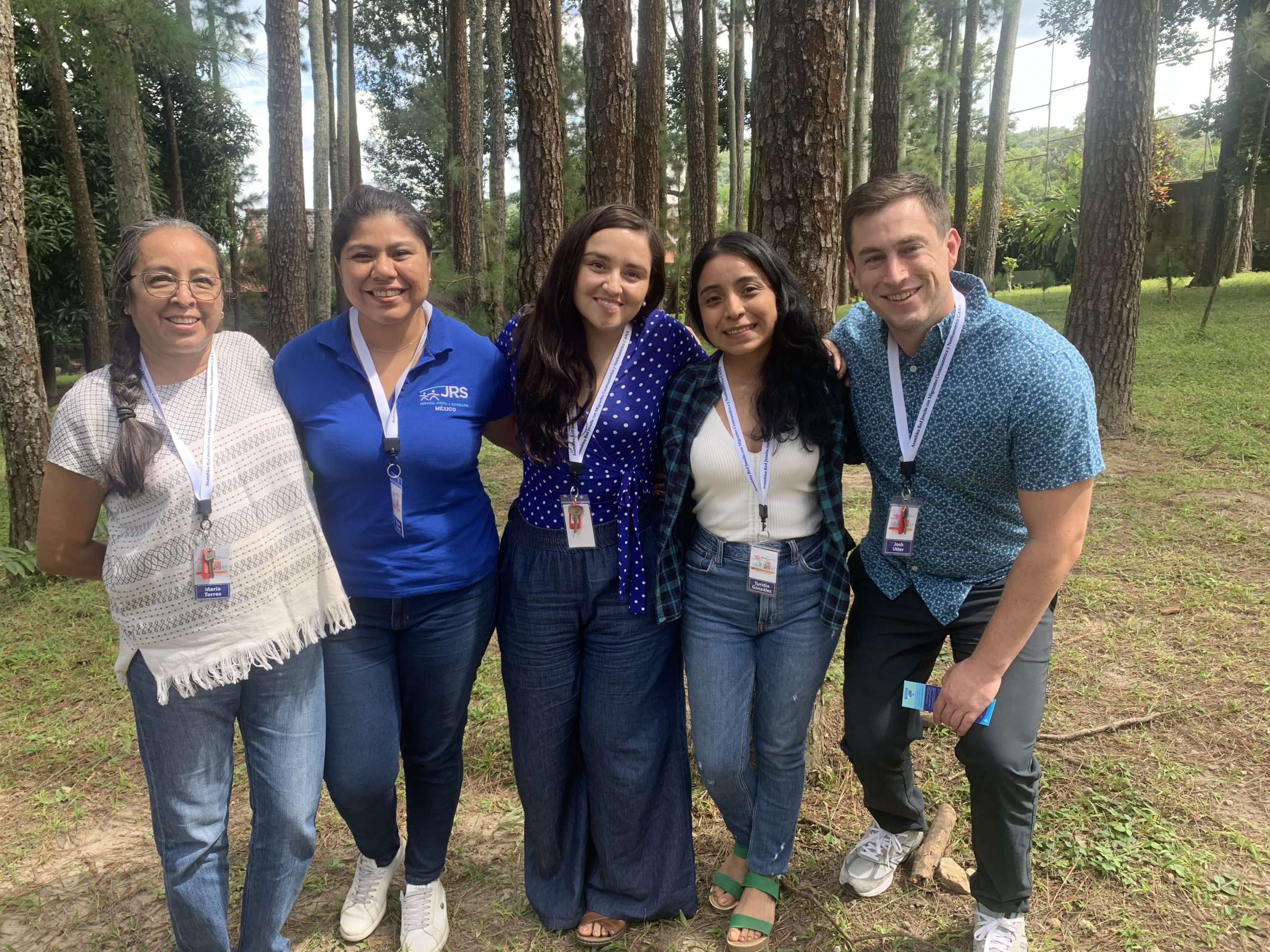New Report: Navigating the US-Mexico Border: Digital Practices of Migrants and Their Psychosocial Needs
15 April 2024|Dr. Alejandro Olayo-Mendez, S.J.

Present at the US-Mexico border in Ciudad Juárez and El Paso, Jesuit Refugee Service (JRS) accompanies individuals and families seeking safety in the US. Through this accompaniment work at the border, JRS staff often hear stories of distressing experiences that forced people to leave their home and take harrowing journeys to find safety. But despite overcoming these obstacles to reach the border, those seeking safety still face the significant challenge of navigating how to enter the US legally by using the CBP One™ mobile application.
In collaboration with the Boston College School of Social Work, the 2024 report, “Navigating the US-Mexico Border: Digital Practices of Migrants and Their Psychosocial Needs,” highlights many of these stories at the border and the challenges migrants face as they seek entry to the US to begin the asylum process. Authored by Dr. Alejandro Olayo-Méndez, S.J., this report features the initial findings of an ongoing research project investigating migrant’s digital practices, digital tools as forms of risk and protection, the issues surrounding CBP One™, and migrants’ perceived needs along the US-Mexico border and migration routes in Mexico.
The report also presents a series of policy recommendations to improve CBP One™ and processing at US ports of entry along the southern border. JRS/USA urges the US government to strengthen and diversify legal pathways for migrants and asylum-seekers, as well as fostering coordination between the US government, NGOs, and regional partners, to address many of the digital obstacles and harms to well-being highlighted in this report. By implementing these recommendations, the US government can achieve the overall goal of reducing the gravity of the humanitarian situation at the southern border.




